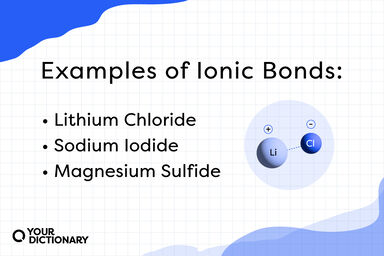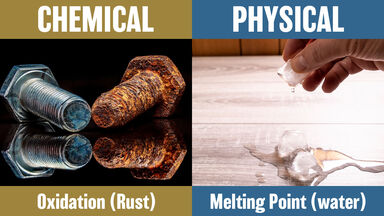The compounds of mercury attracted considerable attention, mainly on account of their medicinal properties; mercuric oxide and corrosive sublimate were known to pseudo-Geber, and the nitrate and basic sulphate to " Basil Valentine."
Substances which burn with difficulty may be mixed with mercuric oxide in addition to copper oxide.
Davy, inspired by his successful isolation of the metals sodium and potassium by the electrolysis of their hydrates, attempted to decompose a mixture of lime and mercuric oxide by the electric current; an amalgam of calcium was obtained, but the separation of the mercury was so difficult that even Davy himself was not sure as to whether he had obtained pure metallic calcium.
Lavoisier (1781-1788) first proved it to be an oxide of carbon by burning carbon in the oxygen obtained from the decomposition of mercuric oxide.
It rarely substitutes directly, because the hydriodic acid produced reverses the reaction; this can be avoided by the presence of precipitated mercuric oxide or iodic acid, which react with the hydriodic acid as fast as it is formed, and consequently remove it from the reacting system.





